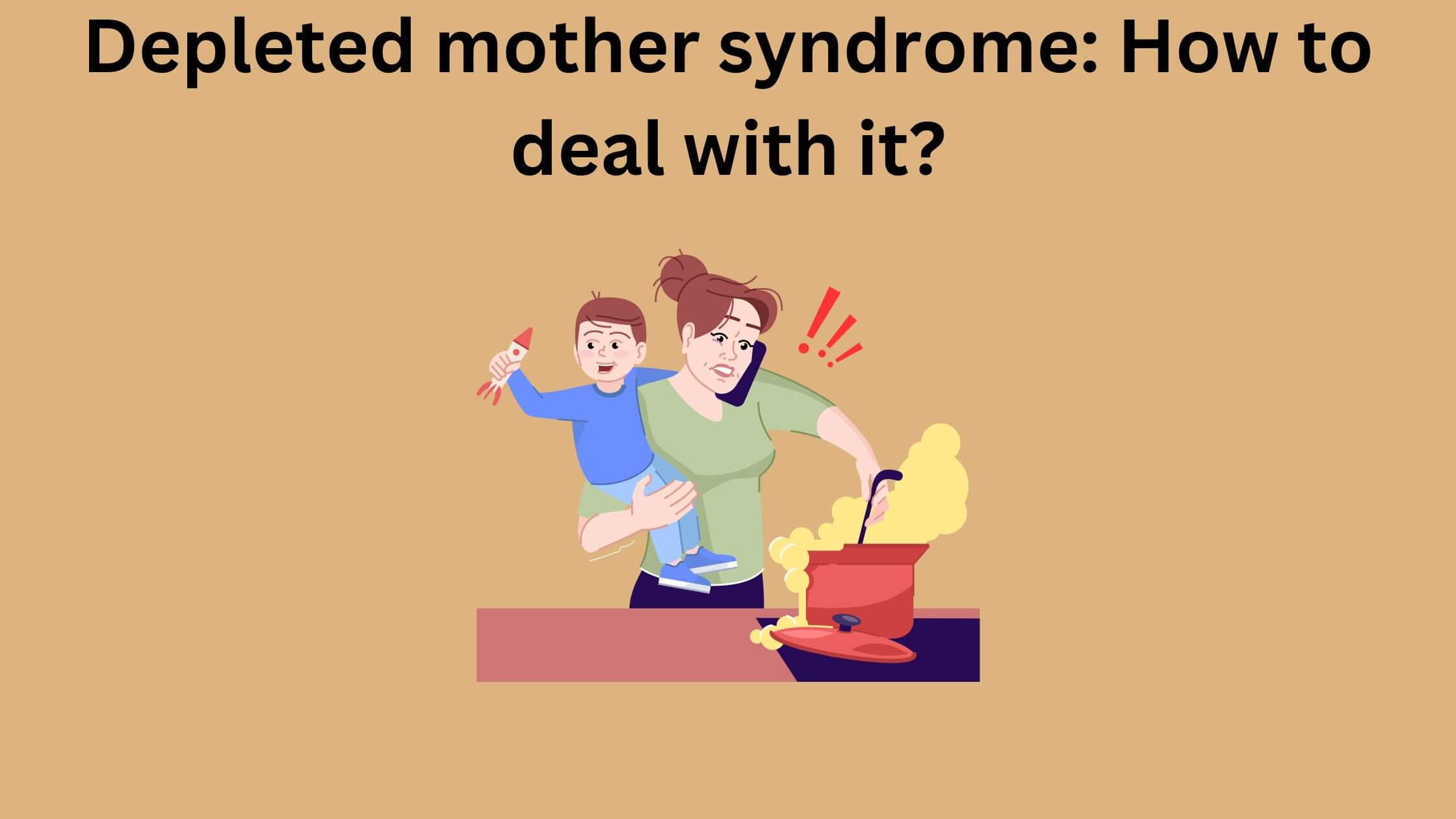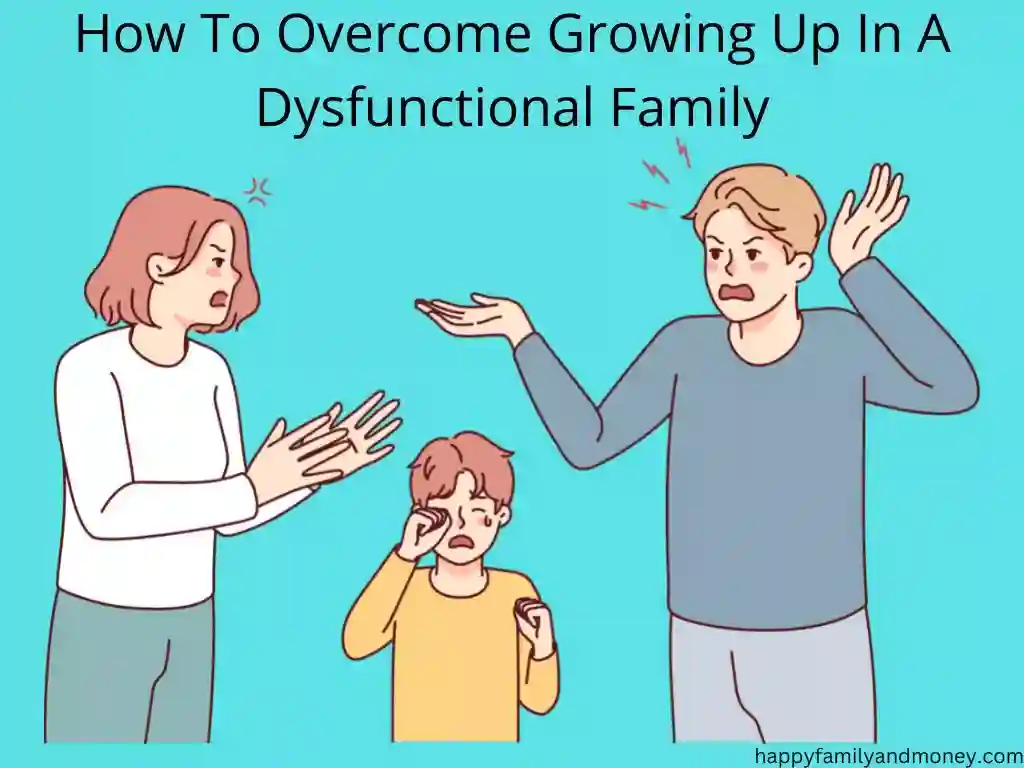Are you a mom feeling exhausted, overwhelmed and depleted? You’re not alone – many mothers experience what’s known as Depleted Mother Syndrome (DMS), where increased demands and decreased resources lead to burnout.
This blog sheds light on the reasons why this happens, offers prevention methods and provides practical tips to manage DMS. Let’s dive in to help you reclaim your energy, health and happiness!
Key Takeaways
- Depleted Mother Syndrome (DMS) is when mothers feel exhausted, overwhelmed, and depleted due to increased demands and decreased resources in their family life.
- Seven reasons why DMS happens in the family include high levels of stress, lack of support, financial strain, unrealistic expectations, limited personal time, emotional burden, and lack of self-care.
- Thirteen ways to prevent DMS in the family are taking breaks, asking for help from others, practicing self-care activities like hobbies or exercise, setting boundaries with clear communication, delegating tasks to family members, fostering a support system with other parents for empathy and encouragement.
- Seventeen tips to deal with DMS include taking breaks throughout the day to rest and recharge; prioritizing self-care activities that bring joy; asking for help from friends or family; practicing setting boundaries; finding support groups or online communities; delegating tasks; scheduling regular alone time; using calming techniques like deep breathing or meditation; getting regular exercise; seeking professional help if needed.
Understanding Depleted Mother Syndrome (DMS)
Depleted Mother Syndrome (DMS) refers to the physical, emotional, and mental exhaustion experienced by mothers due to increased demands and decreased resources in their family life.
Definition and symptoms
Depleted Mother Syndrome (DMS) is when a mom feels too tired and stressed all the time. It happens when there’s just too much to do but not enough help or time. Moms with DMS may feel sad, mad, or very tired.
They might have trouble sleeping, get sick often, or find it hard to think clearly. This can make moms feel like they are not good parents because they cannot take care of their kids as well as they want to.
Increased demands and decreased resources
Being a parent can be overwhelming, especially when the demands on you keep increasing while your resources seem to be decreasing. This is known as Depleted Mother Syndrome (DMS). It’s when the responsibilities of being a mother become too much to handle, causing emotional and physical exhaustion.
You may find yourself constantly juggling between taking care of your children, managing the household chores, and possibly working outside the home. All these responsibilities can leave you feeling drained and fatigued.
On top of that, if you don’t have enough support or assistance from others, it can make things even more challenging. When you’re dealing with increased demands and decreased resources as a mother, it’s important to recognize that you need to take care of yourself too in order to avoid burnout and maintain your well-being.
Remember that self-care is not selfish – it’s necessary for your overall mental, emotional, and physical health. Taking breaks whenever possible is vital for recharging yourself so that you have more energy to meet the demands of parenthood.
Don’t hesitate to ask for help from family members or friends when needed; there’s no shame in seeking support. Setting boundaries around your time and energy is also important – remember that it’s okay to say “no” sometimes if something doesn’t align with your priorities or if it overwhelms you further.
Impact on emotional sensitivity
Depleted Mother Syndrome (DMS) can have a big impact on your emotional sensitivity as a parent. When you’re feeling drained and overwhelmed, it can be harder to handle your emotions in a calm and patient way.
You may find yourself getting easily frustrated or snapping at your children more often. This is completely normal given the demands and stress you are facing. However, it’s important to recognize these changes in your emotional state and take steps to address them.
By practicing self-care, seeking support from others, and finding healthy ways to manage stress, you can improve your emotional well-being and be better equipped to handle the challenges of motherhood.
Remember that taking care of yourself is not selfish – it’s essential for being the best parent you can be.
Depleted Mother Syndrome (DMS) impacts how emotionally sensitive parents are when dealing with their children’s needs and behaviors. Feeling exhausted and overwhelmed makes it more difficult for mothers to stay calm and patient in challenging situations with their kids.
Seven Reasons Why Depleted Mother Syndrome Happens in the Family
Depleted Mother Syndrome (DMS) happens in families for several reasons. Here are seven reasons why it can occur:
- High levels of stress: Mothers may experience stress due to various responsibilities and demands, leading to exhaustion and depletion.
- Lack of support: When there is a lack of support from partners, family, or friends, mothers may feel overwhelmed and drained.
- Financial strain: Financial difficulties can create additional pressure on mothers, making it harder for them to meet the needs of their family.
- Unrealistic expectations: Society often puts unrealistic expectations on mothers to be “perfect”, which can lead to feelings of inadequacy and burnout.
- Limited personal time: Mothers who have limited time for themselves may struggle to recharge and take care of their own needs.
- Emotional burden: Mothers may carry a heavy emotional burden, constantly worrying about their children’s well-being and feeling responsible for their happiness.
- Lack of self-care: Failing to prioritize self-care can contribute to depleted mother syndrome, as mothers neglect their own physical and mental well-being.
Thirteen Ways to Prevent Depleted Mother Syndrome in the Family
Preventing Depleted Mother Syndrome in the Family:
- Take breaks: Make sure to schedule regular breaks for yourself, even if it’s just a few minutes each day, to recharge and replenish your energy.
- Ask for help: Don’t be afraid to ask for support from your partner, family members, or friends. Share the responsibilities of parenting and household tasks.
- Practice self-care: Prioritize your own well-being by engaging in activities that bring you joy and relaxation. This could include hobbies, exercise, reading, or taking a bath.
- Set boundaries: Establish clear boundaries with your children and others in your life. Communicate your needs and limitations to avoid feeling overwhelmed.
- Delegate tasks: Involve your family members in age-appropriate chores and responsibilities. Teach your children about teamwork and sharing responsibilities within the household.
- Foster a support system: Surround yourself with other parents who understand your challenges and can provide empathy and encouragement. Join parenting groups or seek online communities for support.
- Practice mindfulness: Incorporate mindfulness techniques into your daily routine to reduce stress and increase overall well-being. This can include deep breathing exercises, meditation, or journaling.
- Prioritize sleep: Make sleep a priority by establishing a bedtime routine for yourself and ensuring you get enough restful sleep each night.
- Maintain a healthy lifestyle: Eat nutritious meals, stay hydrated, and engage in regular physical activity to boost your physical and mental well-being.
- Communicate openly: Foster open communication with your partner and children about your feelings, needs, and expectations. This can help alleviate stress and promote understanding within the family.
- Create a support network: Seek out local resources such as parenting classes or support groups that can offer guidance and assistance when needed.
- Learn stress management techniques: Explore different stress management techniques such as deep breathing exercises, progressive muscle relaxation, or yoga to help manage and reduce stress.
- Be kind to yourself: Don’t be too hard on yourself. Remember that you’re doing the best you can, and it’s okay to ask for help or take breaks when needed.
Seventeen Tips to Deal with Depleted Mother Syndrome in the Family
Dealing with Depleted Mother Syndrome in your family can be challenging, but there are ways to cope and find balance. Here are seventeen tips to help you:
- Take breaks throughout the day to rest and recharge.
- Prioritize self-care activities that bring you joy and relaxation.
- Ask for help from friends, family, or neighbors when you need it.
- Practice setting boundaries and saying no when necessary.
- Find support groups or online communities of other parents who understand what you’re going through.
- Delegate tasks and responsibilities to other family members.
- Schedule regular alone time for yourself, even if it’s just a few minutes each day.
- Use calming techniques like deep breathing or meditation to reduce stress.
- Get regular exercise to boost your energy levels and improve your mood.
- Seek professional help if you’re struggling with depression or anxiety related to parenting.
- Plan fun activities or outings as a family to create positive memories together.
- Simplify your daily routine by organizing and decluttering your home environment.
- Practice mindfulness by being present in the moment and focusing on the positives in your life.
- Take care of your physical health by eating nutritious meals and getting enough sleep.
- Find ways to connect with other adults outside of parenting, such as joining a club or pursuing a hobby.
- Celebrate small victories and give yourself credit for all that you do as a parent.
- Remember that it’s okay to ask for support and take time for yourself – you deserve it.
Five Factors to Consider When Trying to Deal with Depleted Mother Syndrome in the Family
To effectively deal with Depleted Mother Syndrome in your family, consider these five factors: develop a strong support system, prioritize self-care practices, establish clear communication and boundaries, seek professional help when needed, and find balance by prioritizing your own wellbeing.
Support system
Having a strong support system is crucial in preventing and dealing with depleted mother syndrome in the family. It’s important to lean on your partner, family members, friends, or other trusted individuals who can provide help and assistance when needed.
They can offer emotional support, lend a helping hand with childcare or household tasks, and be there to listen when you need someone to talk to. Remember that it’s not a sign of weakness to ask for help – it’s actually a strength to recognize when you need support.
Building a reliable support network will not only lighten the load but also give you the opportunity for self-care and time for yourself.
Self-care practices
To prevent and recover from depleted mother syndrome, it is crucial for mothers to prioritize self-care. This means taking care of your own physical, emotional, and mental well-being.
Make sure to get enough sleep, eat nutritious meals, and exercise regularly. Don’t be afraid to ask for help when you need it – whether it’s from your partner, family members, or friends.
Set boundaries with others so you can have some time alone or engage in activities that bring you joy and relaxation. Remember that taking care of yourself is not selfish; it allows you to be a better parent by replenishing your energy and reducing stress levels.
Communication and boundaries
Good communication and setting boundaries are crucial for preventing or dealing with depleted mother syndrome in the family. Being able to effectively communicate your needs, concerns, and limitations to your partner, children, and other family members is important.
It helps them understand what you’re going through and allows them to provide support when needed. Openly discussing your emotions and any parenting challenges you may be facing can also help alleviate some of the emotional burden.
Setting boundaries is equally important. Establishing limits on how much you take on and being comfortable saying “no” when necessary can prevent feelings of overwhelm and exhaustion.
It’s okay to ask for help or delegate tasks so that responsibilities are shared among family members. By communicating your boundaries clearly, you create a healthier balance between meeting the needs of others and taking care of yourself.
Seeking professional help when needed
If you’re feeling overwhelmed and exhausted as a mother, it’s important to know that seeking professional help is an option. Sometimes, the demands of parenting can become too much to handle on your own.
Professional help can provide support and guidance tailored to your specific situation. Whether it’s talking to a therapist, counselor, or joining a support group, reaching out for professional assistance can be beneficial for your mental and emotional well-being.
Remember that taking care of yourself is essential in order to be the best parent you can be. So don’t hesitate to seek help when you need it.
Balance and prioritization
To prevent and recover from depleted mother syndrome, it is crucial for mothers to find a balance between their responsibilities and taking care of themselves. Prioritization plays a key role in achieving this balance.
It’s important for mothers to prioritize their own needs alongside the needs of their children. This means making time for self-care activities like exercising, getting enough sleep, and eating nutritious meals.
Additionally, setting boundaries and asking for help when needed can alleviate some of the burden on mothers. Remember that taking care of yourself is not selfish; it’s necessary for your wellbeing and ability to be there for your family.
FAQs
1. What is depleted mother syndrome in a family?
Depleted mother syndrome relates to mental and emotional health issues that happen when mothers feel too tired or burned out due to their parenting duties.
2. Can you give me some of the reasons why depleted mother syndrome happens in a family?
Overwhelmed motherhood, parental stress, caregiver fatigue and constant responsibilities can lead to the exhausted parent syndrome known as depleted mother syndrome in a family.
3. How can we prevent depleted mother syndrome from happening?
To stop the fatigued mother (depleted) syndrome from starting, mothers must take time for self-care, learn good coping skills and lighten their load of responsibilities when they can.
4. Are there ways to deal with this if it’s already an issue?
There are many tips to deal with maternal exhaustion such as asking for help, making sure to rest enough, taking steps towards better mental health care for oneself, and finding balance.
5. What factors should I think about when trying to settle these issues at home?
In dealing with emotional exhaustion in moms (parents), it’s key to review workload shared among members of your household and ways each one could lend aid; check on individual wellness goals and needs related especially around relaxation; understand expectations that both others have placed on yourself or ones you carry within ownself; watch out collectively for signs indicative of parent burnout amongst yourselves before things worsen or become more complex overall.
Conclusion
Depleted Mother Syndrome (DMS) is a real challenge that many moms face. Understanding its causes and symptoms can help prevent it. There are various ways to deal with DMS, such as seeking support, practicing self-care, setting boundaries, and prioritizing.
By considering these factors, moms can overcome DMS and create a healthier balance in their lives. Remember, taking care of yourself is just as important as taking care of your family!












